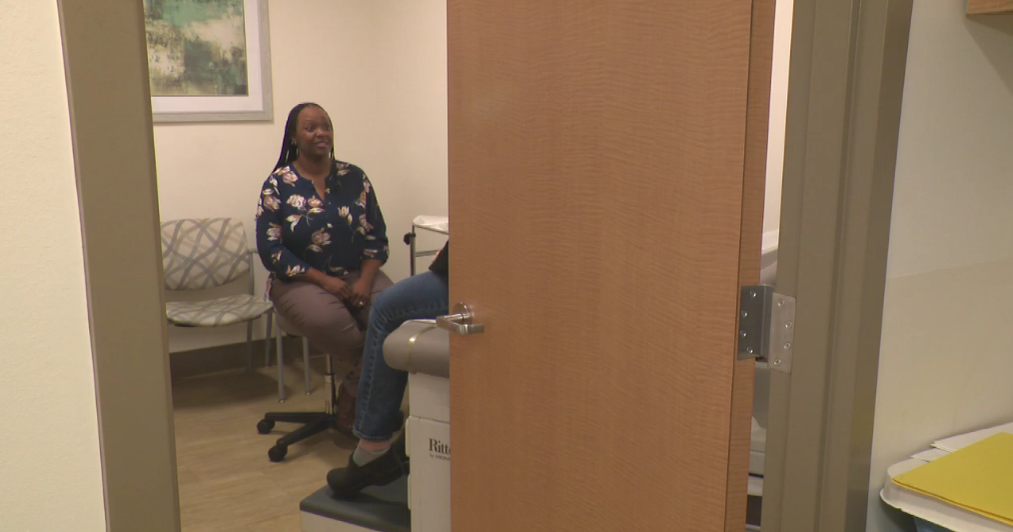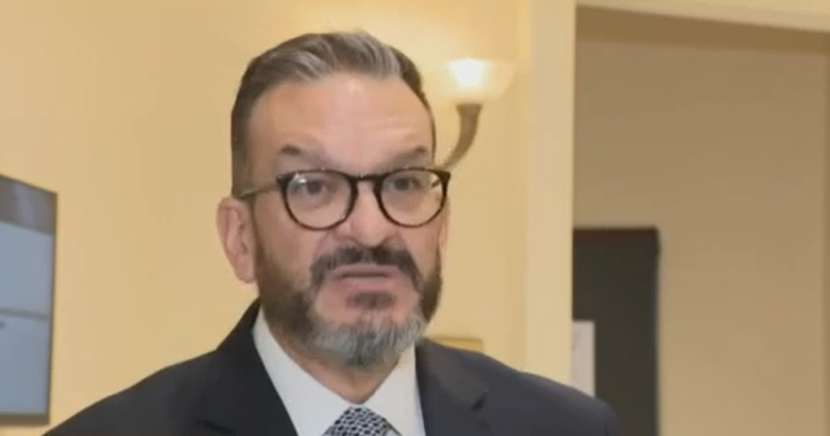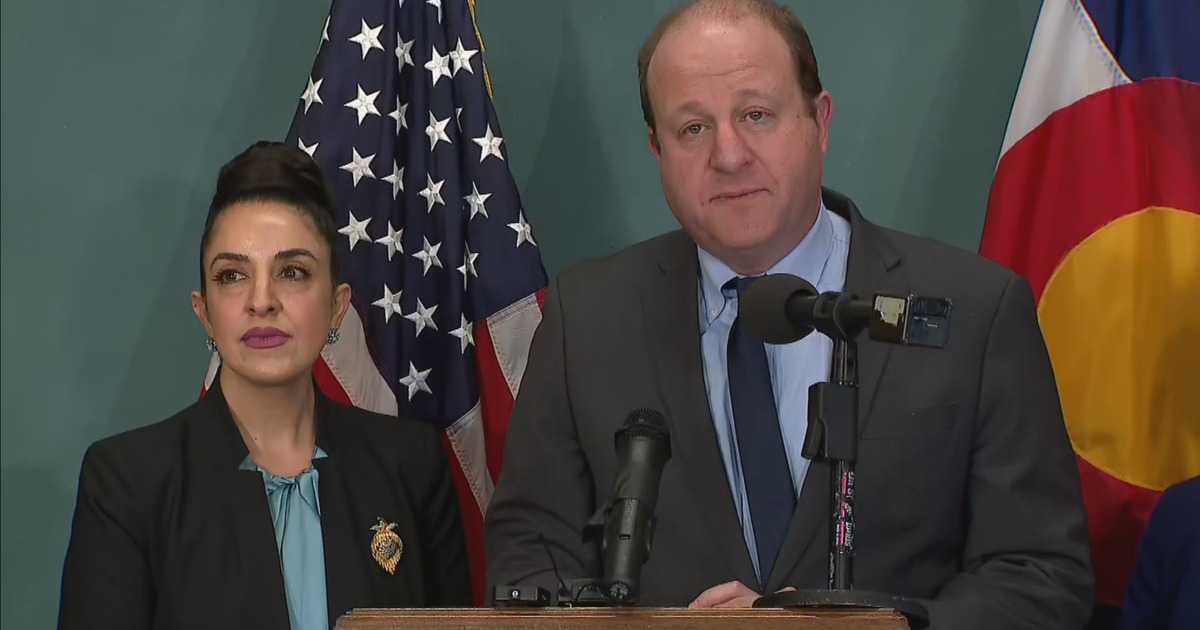Chicago area volunteers explore the meaning of gratitude and its impact on our health
CHICAGO (CBS) – Thanksgiving is the day of giving thanks. CBS 2's Jackie Kostek explored the meaning of gratitude and how it can impact our health in a place you may not expect to find so much of it.
It was early afternoon in River North and hundreds of people were lined up for a free, hot holiday meal.
"They are filled with gratitude and Jackie, it's not hard to find a reason to be thankful," said Stephanie McIntyre, a longtime Catholic Charities volunteer.
The need is high and yet, this is true. Ask anyone, Catholic Charities staff, volunteers, or the 400 men, women, and children being served and they won't struggle to find something.
"There was a time when I was married," said Sharon Cartledge. "I had a house. I had kids. I had a husband and I lost everything, but I said if I don't lose God, I don't care if I lose everything. As long as I don't lose God, I'm going to be OK."
But how to put your finger on an emotion? What does it actually feel like to experience gratitude?
"Right before you arrived, we prayed," Father Wayne Watts, staff priest for Catholic Charities said. "We prayed to bless the meal and I could just hear our new arrivals who were standing and sitting right next to me, saying 'Gracias. Gracias. Gracias.' That you can feel the gratitude."
"Fulfilled," McIntyre said. "My soul is fulfilled. Knowing that I'm serving Christ through other people feels me."
Cartledge added, "It feels good. If you ever sing in church and the Holy Spirit brings your whole body up, it just feels like that. It feels so good."
It doesn't just feel good to practice gratitude. Doctors say it can have a real positive impact on your health, releasing "feel good" chemicals like dopamine and serotonin.
"It also has real physiological effects because it helps you to relax," said Dr. Anne-Kathrin Eiselt, of Teladoc. "It helps you to calm your breathing, calm your heart rate and that can lower your stress hormones."
Eiselt is a psychologist and neuroscientist with Teladoc Health. She said practicing gratitude as a way to lower your stress, especially chronic stress, can improve your cardiovascular health too. But where to start? How to start? What are the good things that happened today?
"They're all around us all the time," she said. "There's nothing too small to be grateful for. It could just be the sunrise or fresh air outside so really just try to focus on those opportunities that we can find."
And if the concept still feels a tad abstract. Dr. Eiselt said science suggests kindness is the perfect gateway to gratitude because whether you are giving or receiving kindness, it feels the same in the body.
Which may explain how on a cold day, this room could feel so warm.







